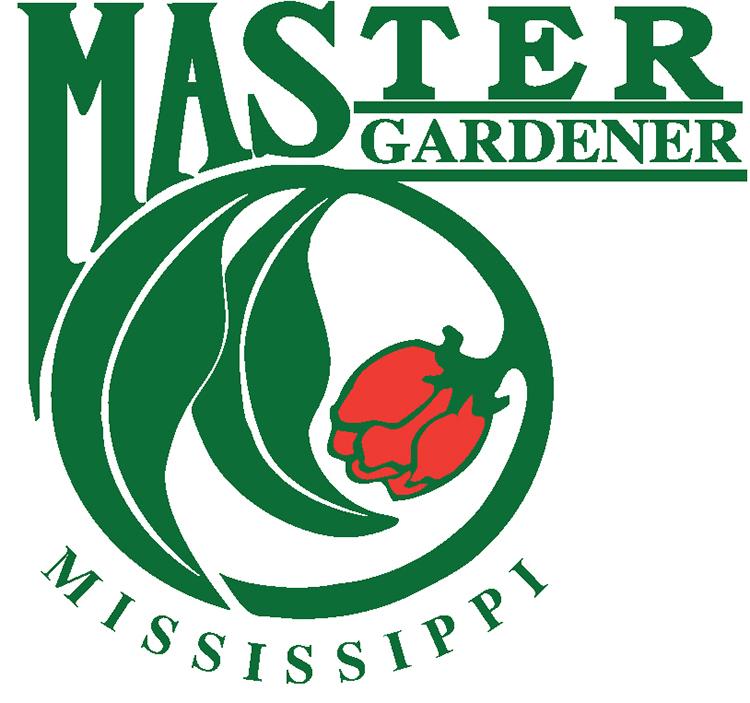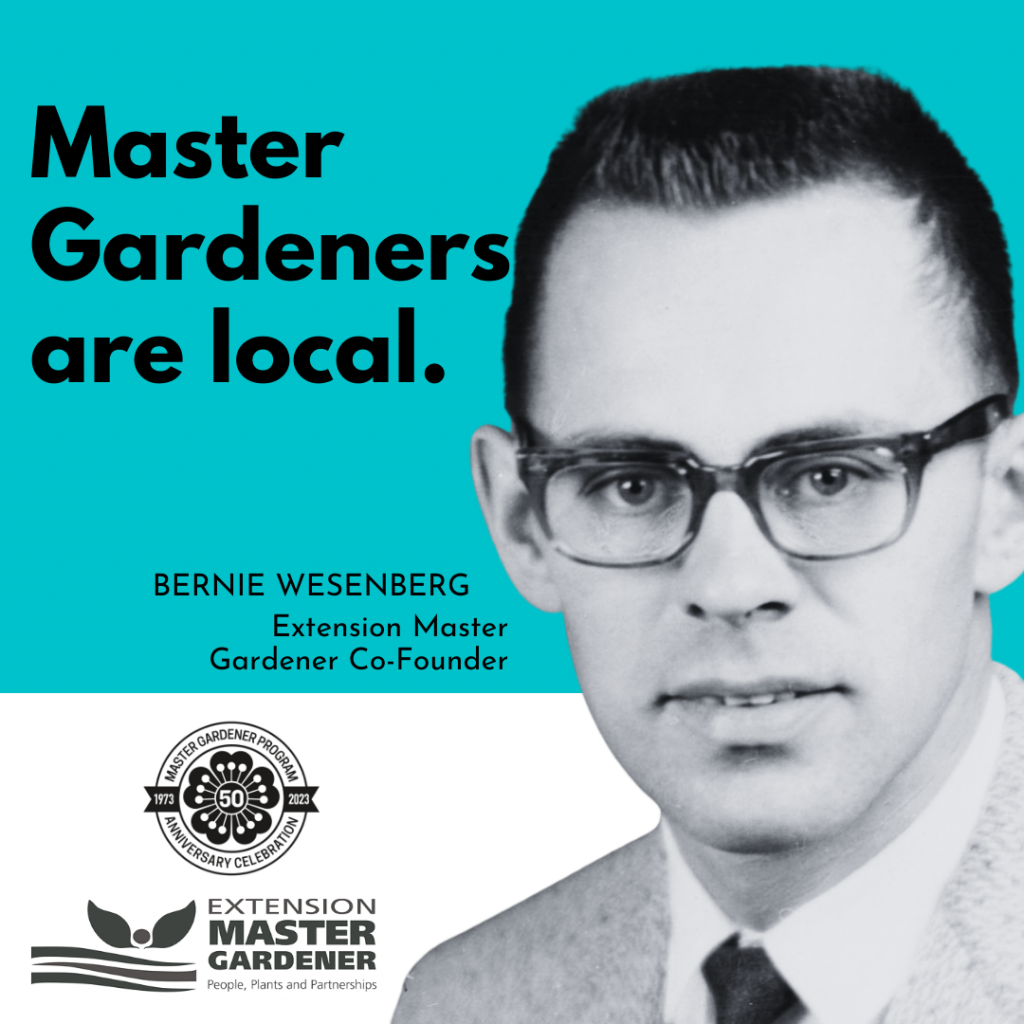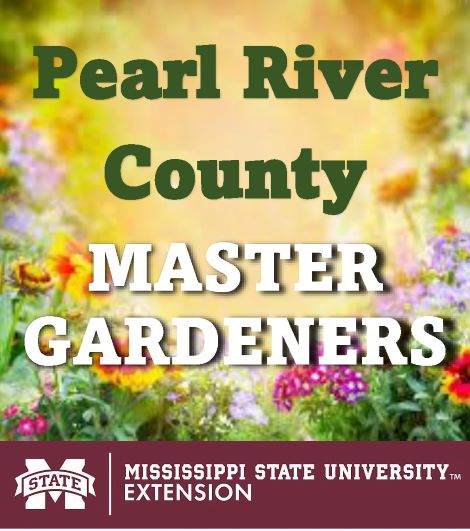
How do I become a Master Gardener?
Contact your county extension office or Mississippi State University Extension. Contact the Pearl River County Extension office at 601-403-2280. More information can be found on the Mississippi State University website at: www.extension.msstate.edu/community/leadership/master-gardener The Registration portal will be open in 2024.
Training is currently being offered online 1 time per year, in the fall. Registration for the 2024 class will be open August 13 – September 12. The Master Gardener Online Training Course will be from October 1 – December 2.
REGISTER FOR THE NEW MASTER GARDENER CLASS
Registration is now open for the next Master Gardener class. Registration will close September 12, 2024. The Master Gardener Online Training Course will be from October 1–December 2.
Click the link below to go the Mississippi State University website to register.
http://extension.msstate.edu/content/register-for-master-gardener-training
The Master Gardeners are looking forward to meeting more plant loving people. Join our group for lots of fun and of course PLANTS! Visit our Facebook Page to see what we are currently up to. https://www.facebook.com/PRCMasterGardeners
You can print the document below, complete and submit it along with a check to enroll in the next Master Gardener program. The cost is $125.00.
Pearl River County Master Gardener Application

50 Years
The Master Gardener Program began 50 years ago!

The Extension Master Gardener program is deeply rooted in serving locally. Once established at WSU, Co-Founder & Ornamental Horticulturist, Bernie Wesenberg, hit the road to share this program nationally… and it stuck. The program has a presence in all 50 states and three countries. Regardless of the state, you’ll find Master Gardeners at farmers markets, school gardens and classrooms, community gardens, leading wildflower hikes, educational gardens, contributing fresh produce to food pantries, and staffing email/phone/helpdesks ready to tackle your tough gardening questions!
What is the Master Gardener Program?
The Master Gardener volunteer program is a great way to gain horticultural expertise at a low cost, meet other avid gardeners, share gardening experiences, get connected to the community, and belong to a well-respected educational organization. It is an educational exchange program offered through county offices of the Mississippi State University Extension Service. Through this program, individuals are trained and certified in horticulture and related areas. In exchange for educational training, individuals are asked to volunteer their time to help county Extension offices with horticulture projects that benefit the local community. Master Gardeners help extend the educational arm of the university to the public by providing horticultural information based on university research and recommendations.
What does the Master Gardener Program provide?
The Master Gardener training program provides more than 40 hours of classroom and hands-on instruction in horticulture and related areas. Class instructors include Extension specialists, agents, and Certified Master Gardener Instructor Volunteers. Class topics include botany, soils, vegetables, ornamentals, insects and diseases, and lawn care among others. Curriculum material will be provided to support the classroom instruction.
In exchange for 40 hours of educational training, individuals are required to return 40 hours of volunteer service within one year of their training. This service should help county Extension offices with horticulture projects that benefit their local communities.
After the first year, volunteers are required to return 20 hours of volunteer service and to attend 12 hours of educational training to remain certified as Master Gardeners.
Continuing education is offered to encourage long-term commitments. Most certified Master Gardeners serve five to seven years. The Master Gardener approach helps the local Extension office reach a broader audience than is possible with only one or two agents. It also provides the local office a way to serve the public and, at the same time, develop a supportive clientele group.
Volunteers help extend the educational arm of the university to the public by providing horticultural information based on university research and recommendations.
